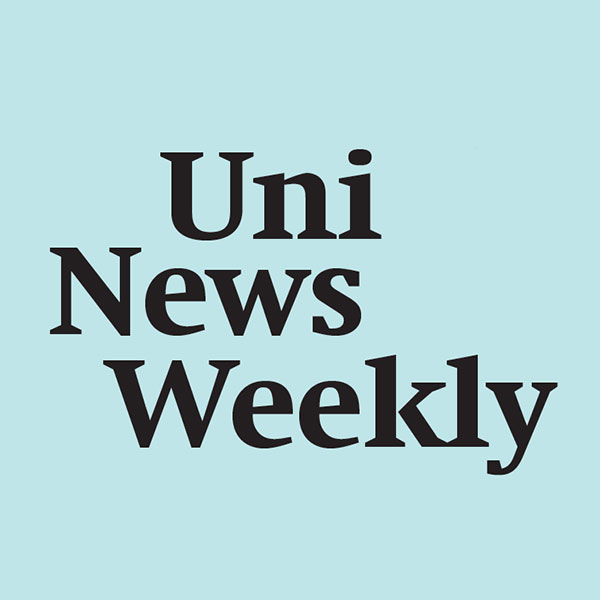Swiss Students are not fond of brain-doping
Switzerland has honest students: The vast majority of the students that were questioned were against pharmacological cognitive enhancement. Yet the topic should be addressed more actively by the universities, asks the study that was published in the journal Plos One.
11 December 2015
Using drugs for cognitive enhancement is unfair – 70% of students in Switzerland shared this opinion. In a survey with 3,000 participants, a research team led by Prof. Matthias Liechti from the University Hospital Basel in collaboration with the Swiss Institute for Addiction and Health Research of the University of Zurich investigated the attitude of university students towards the abuse of prescription drugs.
Ritalin versus energy drinks
The questionnaire was answered by students of the universities of Basel and Zurich as well as of ETH Zurich and inquired about their habits and stance concerning substances such as Ritalin, antidepressants, Modasomil (prescribed for sleeping disorders), beta blockers as well as a number of recreational drugs. 22% of the interviewees stated having used one of the mentioned substances at least once in order to study more effectively. Correspondingly, students that had experience with pharmacological performance enhancers rated their use considerably less critical (24% judged the use as fair) than students that had not (11%).
Unfair and unsafe
A majority of the participants expressed concern regarding risks and side effects of the drugs. Likewise, many of them were worried that a widespread use would put pressure on non-users to also boost their cognitive abilities through pharmaceutical substances. However, the question whether universities should sternly regulate their use divided the respondents in two even camps.
Though the major point of contention remained the question of fairness. Two thirds of the participants compared pharmacological cognitive enhancement to doping in sports and 80% stated that results acquired through such practices were not acceptable in competitive environments. Only in the case of students with diagnosed mental illnesses and medical prescriptions did most of the respondents approve of drug usage (64%).
Liechti and his team were content with the extent of expressed opinions but conceded that in light of the participation rate of merely 10% (almost 30,000 questionnaires had been sent out) it was possible that the results did not represent the views of all students of Swiss universities. They concluded that the use of pharmacological cognitive enhancement at universities ought to be monitored in the future. Furthermore, students should get extensive information on this issue – primarily the concerns about the pressure to participate can presumably be traced back to a lack of understanding of the actual benefits of brain-doping.
Original source
Larissa J. Maier, Evangelia Liakoni, Jan Schildmann, Michael P. Schaub, Matthias E. Liechti
Swiss university students’ attitudes toward pharmacological cognitive enhancement
Plos One (2015), doi: 10.1371/journal.pone.0144402
Further information
- Prof. Matthias E. Liechti, University Hospital Basel, Psychopharmacology Research Unit, phone: +41 61 328 68 68, email: matthias.liechti@usb.ch
- PD Dr. Michael P. Schaub, University of Zurich, Swiss Institute for Addiction and Health Research, phone: +41 44 448 11 65, email: michael.schaub@isgf.uzh.ch



